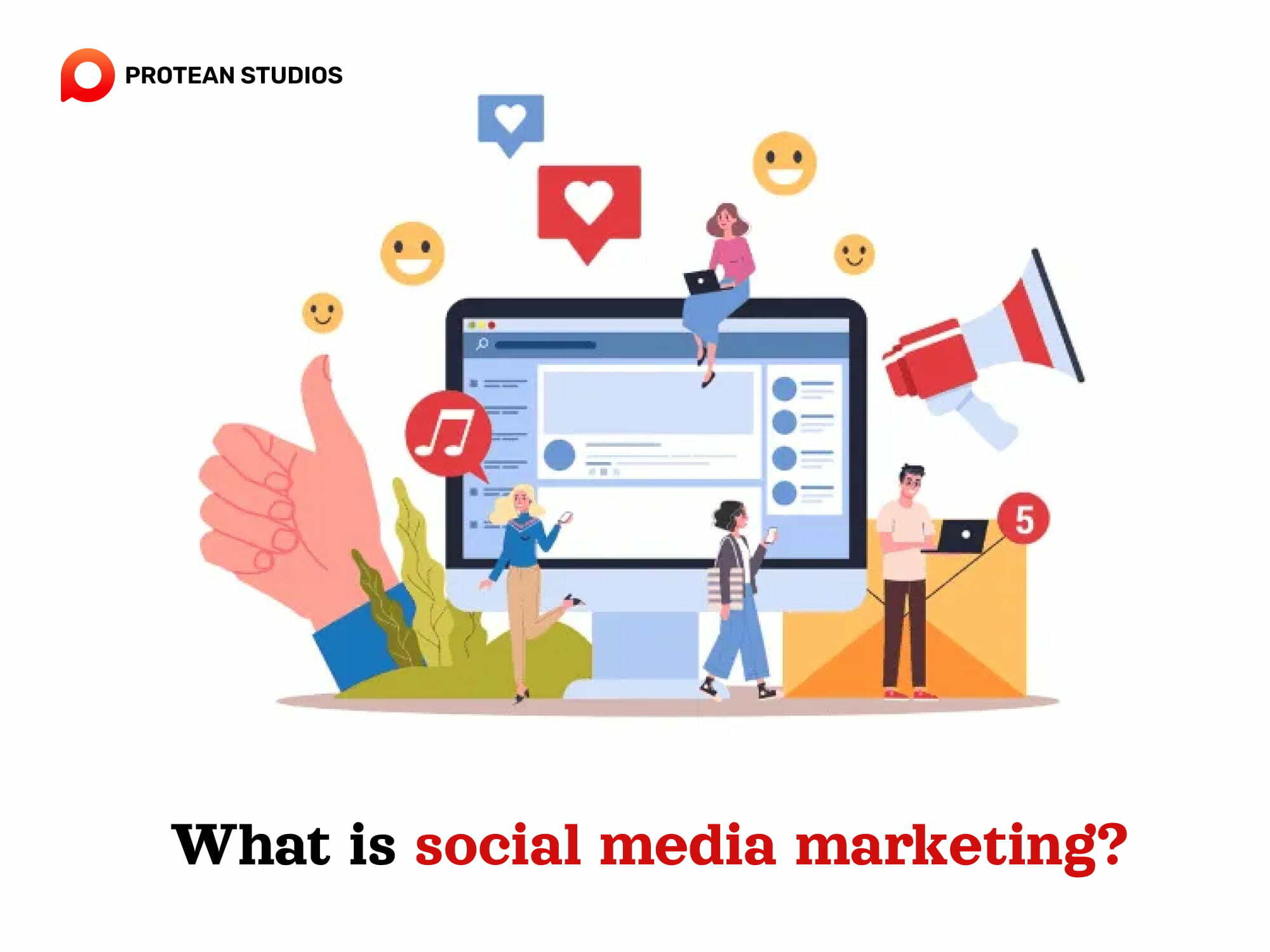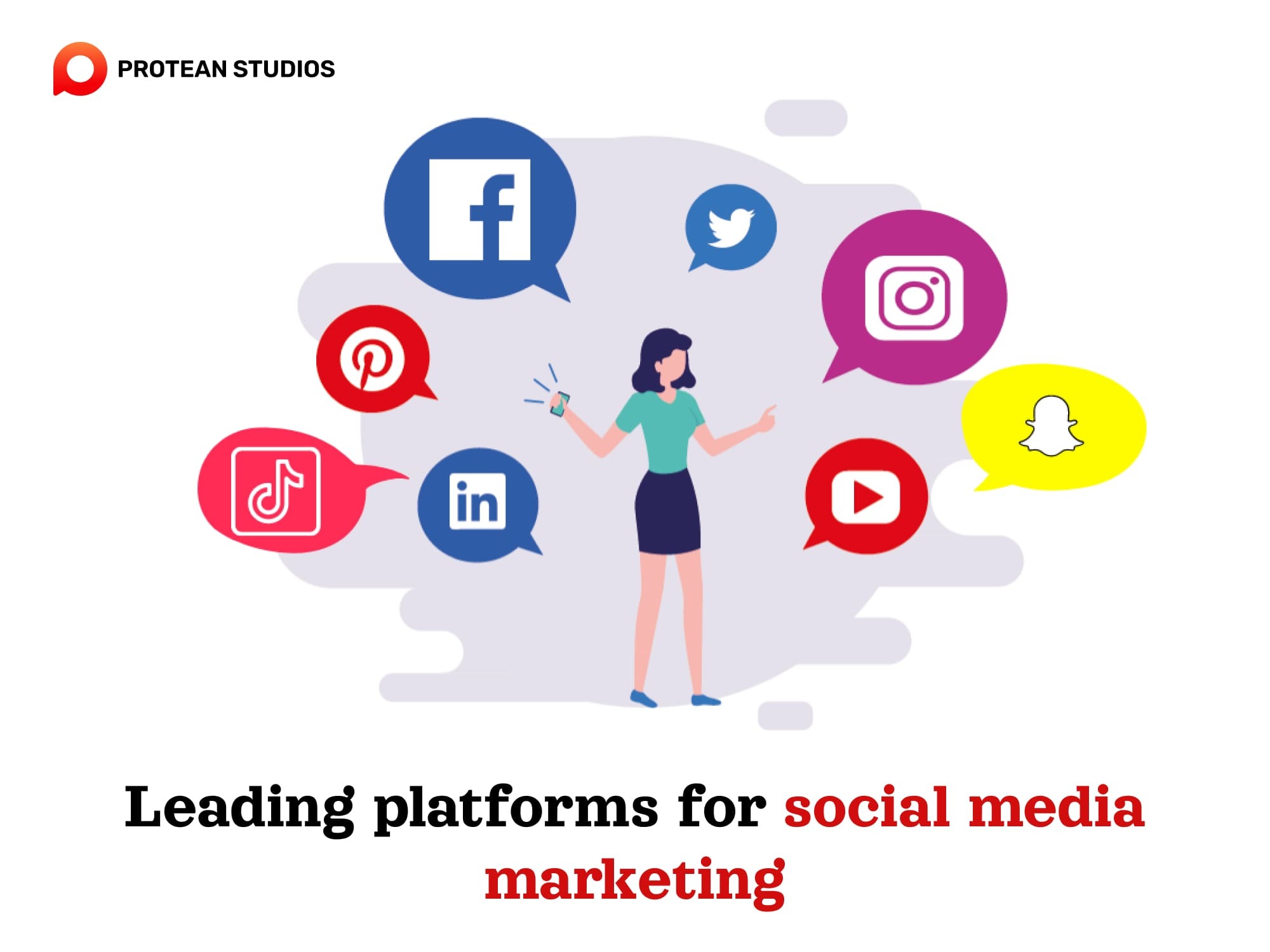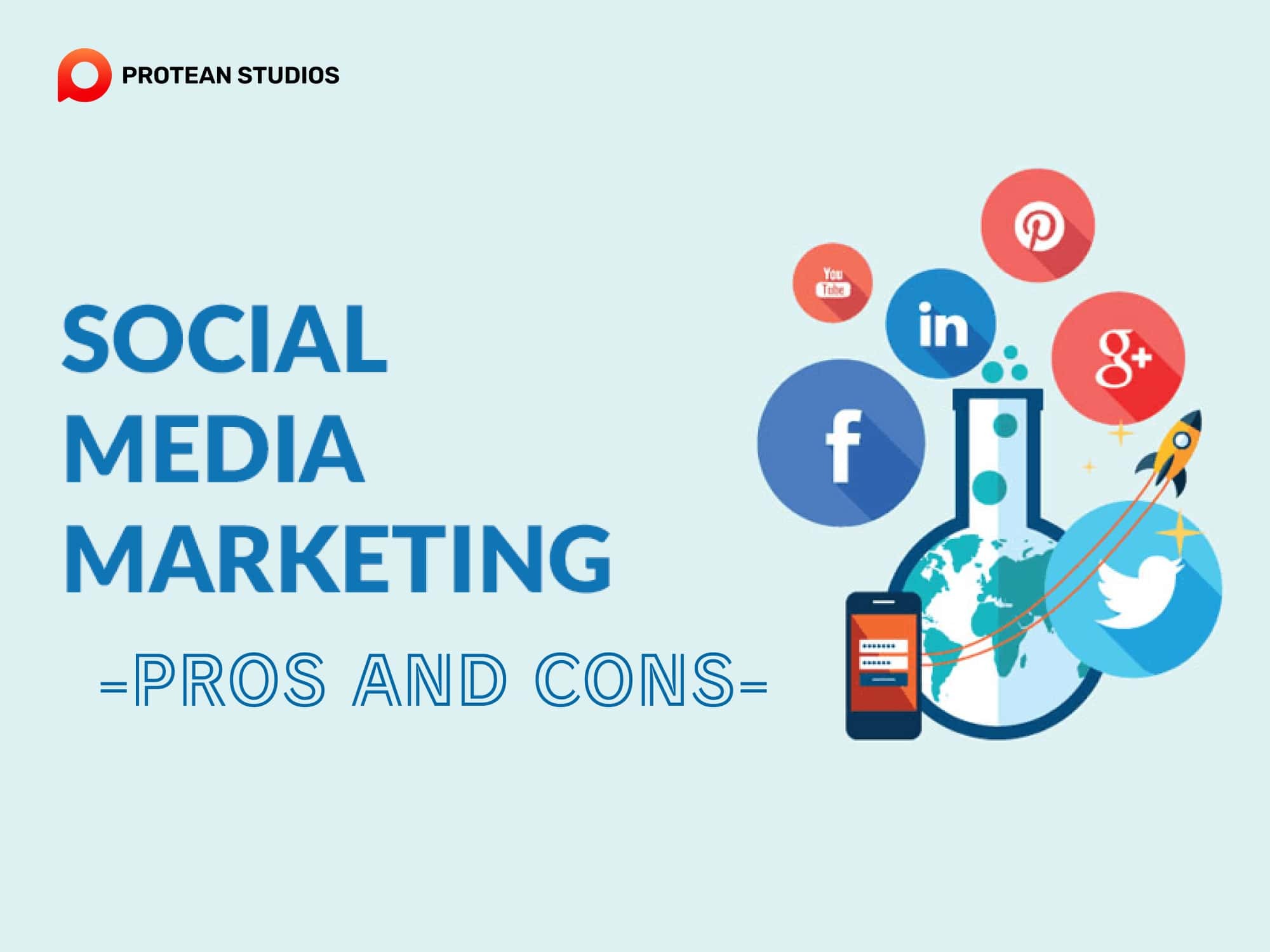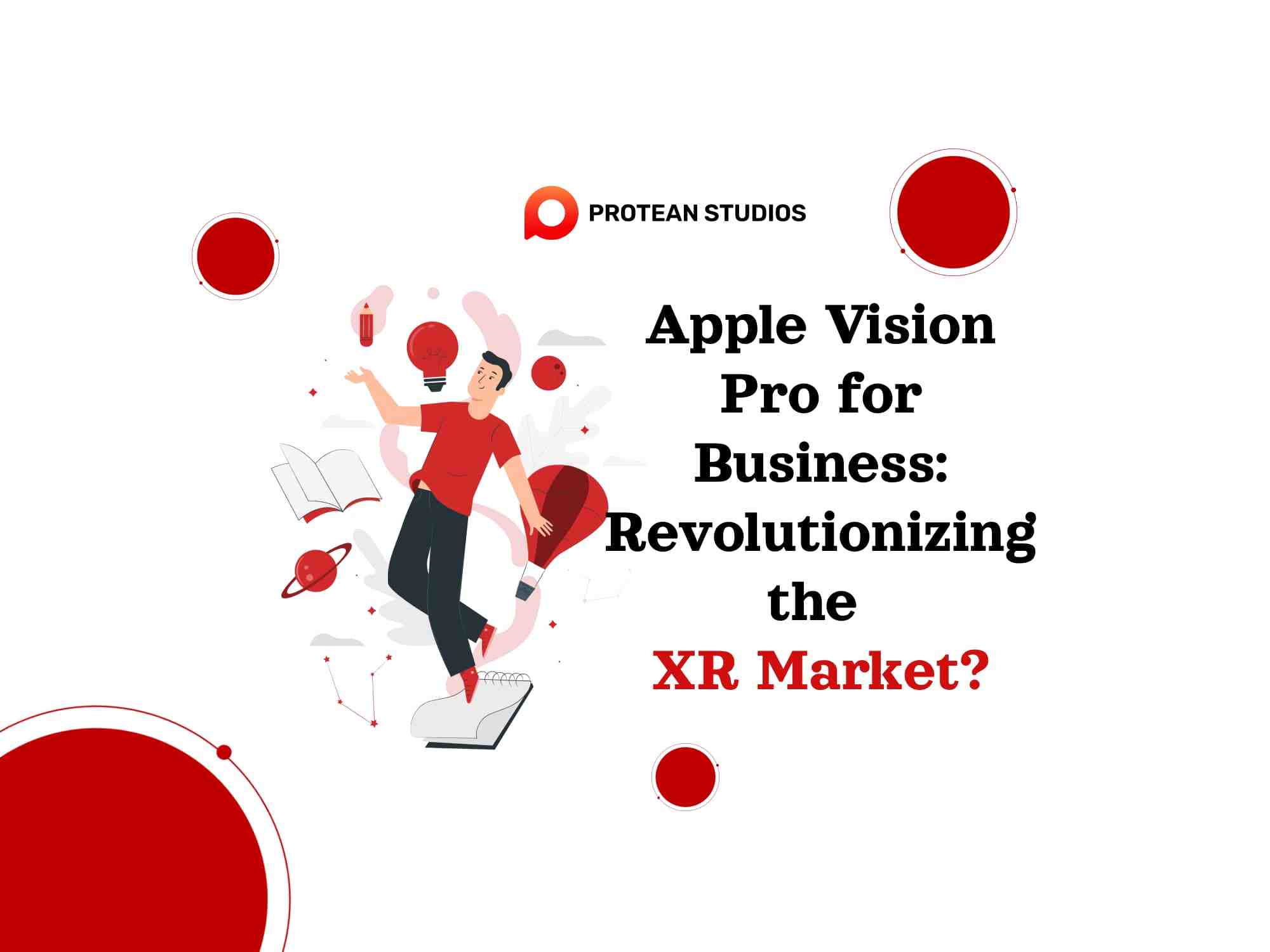We are living in the modern world with the breakout of the internet, and the number of people who use social platforms is very large. Thus, many businesses choose to use social media marketing (SMM) to promote their products and services. But what exactly is SMM? This blog will provide detailed information about it and offer a concise look at the basics.
About social media marketing (SMM)
Social media marketing (SMM) is a digital marketing strategy that uses social media platforms and websites to promote a product or service. SMM can help businesses reach new customers, increase brand awareness, and improve customer loyalty. It involves creating and sharing content that is relevant, engaging, and valuable to the target audience.

SMM leverages the power of popular social media platforms such as Facebook, Instagram, Twitter, LinkedIn, and others to engage users and create a meaningful online presence. Thanks to these channels, they can access a diversity of customers and boost their products.
To know how to choose the right marketing strategy, first of all, you need to understand the digital transformation world through the blog: What Is A Digital Transformation? Why does it Matter?
The basic mechanics of SMM
The mechanics of social media marketing involve a series of strategic steps and practices to leverage social media platforms and promote a brand or business. There are four main steps: strategy, content creation, content distribution, and measurement.
Strategy refers to defining the objectives, target market, budget, and channels for the SMM campaign.
Content creation involves producing relevant, valuable, and appealing content that showcases the brand's personality, values, and benefits.
Content distribution is the way marketers choose the best times and methods to post the content on different social media platforms.
Measurement involves tracking and analyzing the performance of the SMM campaign using various metrics, such as reach, engagement, conversions, etc.
Leading social platforms for social media marketing
With more than three billion people using social media every month, the potential reach of social media marketing is huge. Yet, not all social media platforms are effective for your business goals. Here is the top ranking of social media that many people access every day.
1. TikTok
TikTok is the fastest-developing platform in Vietnam. People often create short videos or clips to share information or advertise products. Especially, businesses can use influencers or KOLs to livestream sales that have been a hot trend recently.
2. LinkedIn
Positioned as a professional networking platform, LinkedIn is invaluable for B2B marketing. Linkedin has over 774 million users, and it's a hub for industry-specific content, networking, and lead generation. A small tip that helps you create appealing content is through ChatGPT.
Learn now: ChatGPT: The Useful Tool You Need To Know
3. Facebook
Facebook remains the most-used social platform globally, boasting 2.934 billion active users. It holds the top spot as the preferred platform for the largest segment of social media users and handles a large 71.64% of web traffic referrals to external websites.
4. Instagram
With over 2 billion monthly active users, Instagram is a visual platform that's perfect for sharing photos and videos. It's a great platform for businesses that want to showcase their products or services in an appealing way.

5. Twitter
Twitter boasts a monthly active user base exceeding 450 million. It's a microblogging platform that's ideal for sharing short updates and news. With the platform, businesses can stay up-to-date with current events and engage in conversations with their audience.
6. YouTube
YouTube, ranking as the second-largest search engine following Google, stands as a dominant force in the realm of video content. This platform has 2 billion logged-in monthly users, so businesses can harness its potential for tutorials, product showcases, and brand storytelling.
Moreover, people can create a channel, upload videos, livestream events, run ads, and interact with their viewers. Thus, this is a powerful platform for educating your audience, demonstrating your expertise, and boosting SEO ranking.
The pros and cons of using SMM
In the digital age, social media marketing has evolved into an essential tool for businesses. But like any marketing strategy, it has both advantages and disadvantages. Here are the pros and cons of SMM to help you decide if it's the right fit for your brand.
1. Advantages
With billions of active users across platforms like Facebook, Instagram, and Twitter, SMM offers unparalleled reach compared to traditional marketing methods. Businesses target specific demographics, interests, and behaviors to connect with their ideal customers. Besides, SMM has a lot of other benefits, like:
Increase brand awareness and loyalty by creating a community of followers and fans.
Generate traffic and leads to a website or landing page by sharing valuable content and offers.
Boost SEO rankings and online visibility by increasing social signals and backlinks.
Improve customer service and satisfaction by providing timely and personalized responses to queries and feedback.
Reduce marketing costs by leveraging organic and paid strategies on various platforms.

2. Disadvantages
Besides the advantages above, social media marketing also has some limitations, such as:
Time-consuming: Maintaining an active and engaging social media presence requires consistent effort and dedication. Creating content, scheduling posts, responding to comments, and tracking analytics can be time-consuming, especially for small businesses with limited resources.
Negative Feedback: Social media is a public platform, and you can't control everything that's said about your brand. Negative feedback, even if unwarranted, can damage your reputation if not handled.
Competition: The social media landscape is large, and standing out from the noise can be difficult. Businesses need to create unique and engaging content to capture their audience's attention and differentiate themselves from the competition.
Unveiling the social media methods for your marketing success!
In the ever-evolving landscape of digital marketing, unlocking the potential of social media is paramount to achieving success. Thus, join us on this journey as we decode the strategies that can elevate your brand, engage your audience, and contribute to social media marketing success.
Whether you're a seasoned marketer or just starting your digital journey, these social media methods aim to empower you with the knowledge and tactics necessary to thrive in the competitive landscape of modern marketing.




